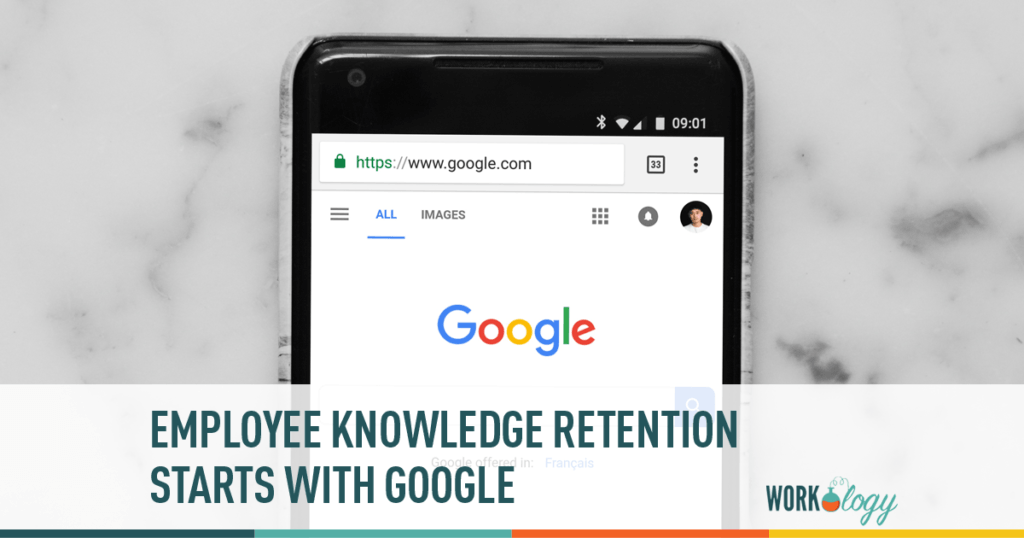I was reading an article on artificial intelligence when I came across this interesting paragraph:
“…electronic connectivity certainly has had a huge impact on the way that many humans go about their daily lives, and even on the way in which we problem-solve and think about any new question or challenge. Who of us in the connected modern world hasn’t Googled a question before even trying to work through the answer, or before asking another human being? Part of our collective wisdom is now uploaded, placed in an omnipresent cloud of data.”
I had a couple of different thoughts about that statement, the foremost being about knowledge retention in companies.
Knowledge Retention
In today’s businesses, knowledge retention should be a top priority. Unfortunately, knowledge retention often comes last in smaller businesses. Only when there is documentation does knowledge retention take place, and documentation is frequently ignored. I refer to retaining all kinds of business knowledge when I use that term. Employees receive training, but rarely is what is learnt recorded in a system. Although managers and HR professionals interact with employees, there is little documentation of those interactions and the lessons learned as a result.
We rely on people’s ability to retain information. What happens if the manager or HR representative quits their job or departs the organization? The company is no longer aware of how its employees were treated.
The Learning Organization
Peter Senge, in his book The Fifth Discipline, talks about the “learning organization.” Additionally, we cover that in our SHRM courses. A learning organization needs five components in order to function. These include collaborative learning, shared vision, mental models, systems thinking, and personal mastery. Individual learning is accumulated, and then there is team learning.
A good learning organization has a method for gathering information that enables it to gather, share, and apply information in novel ways. But if there is no system in place to gather or store this knowledge, this cannot happen.
Internal Google
Companies need to have a knowledge retention system that allows employees, new managers, new HR people to “google” internal information to help them learn about how situations and employees have been dealt with in the past. Why try to recreate or reinvent the wheel every time someone new starts in a position?
Unfortunately too often I run into situations where there is no consideration given to such a system. I did provide some tips on how this can be done in a 2012 post called Three Tools for Knowledge Retention for Your Workforce. Today there are a number of automated and cloud based systems that a company can use to retain, store and recall questions and answers about how the company operates. These allow companies to get new employees, managers and HR people up to speed.
Your existing business cannot be categorized as a learning organization if it does not employ knowledge retention strategies. A great method to benefit your firm is to assist in fostering an environment where such a system may be used effectively.









